‘Russian ex-envoy calls for pragmatic diplomacy on N. Korea’
By Korea HeraldPublished : May 8, 2017 - 18:10
With North Korea’s nuclear and missile capabilities growing rapidly, the next South Korean administration would be wise to pursue a “pragmatic” policy of multilateral dialogue and negotiation to put the brakes on Pyongyang, according to a former Russian diplomat.
Georgy Toloraya, chair of regional programs at the Russian World Presidential Foundation in Moscow, said the current sanctions regime should not be an end in itself, adding that the international community could achieve more by seeking political and diplomatic solutions rather than further isolating the Hermit Kingdom.
“Our position is very clear and coincides with China’s,” said Toloraya, referring to Russia’s stance, at a seminar organized by the East Asia Foundation in Seoul on April 28. “We are for political and diplomatic solutions, inter-Korean cooperation and the six party talks. The sanctions cannot be based on trying to topple the regime.”
Georgy Toloraya, chair of regional programs at the Russian World Presidential Foundation in Moscow, said the current sanctions regime should not be an end in itself, adding that the international community could achieve more by seeking political and diplomatic solutions rather than further isolating the Hermit Kingdom.
“Our position is very clear and coincides with China’s,” said Toloraya, referring to Russia’s stance, at a seminar organized by the East Asia Foundation in Seoul on April 28. “We are for political and diplomatic solutions, inter-Korean cooperation and the six party talks. The sanctions cannot be based on trying to topple the regime.”
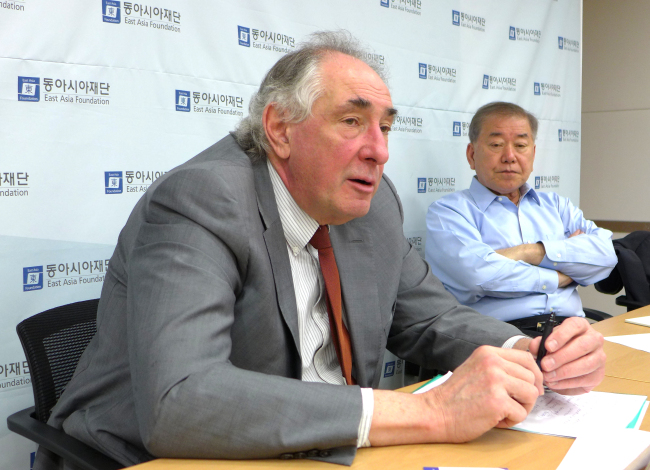
With decades of experience on Korean affairs, Toloraya served in North Korea twice in the late 1970s and ’80s, and was the deputy chief of the Russian Embassy in Seoul from 1993-98. He is currently the CEO of the Russian National Research Committee on BRICS and director of Asian Strategy Center at the Russian Academy of Science. He also teaches at Moscow University of International Studies.
“We don’t like it (North Korea) but it exists, and we have to deal with it,” he contended. “We have to proceed from the presumption that the regime is here to stay.”
Although Moscow has significantly less leverage on Pyongyang than Beijing, the diplomat-turned-scholar said his country exerts “some influence” over the communist ally, provided the two sides maintained peaceful and respectful relations.
However, there is not much even China can do to rein in the North’s reign of unpredictability, he asserted, adding the regime regards Russia as the least hostile party compared to other states of the world that it views with suspicion.
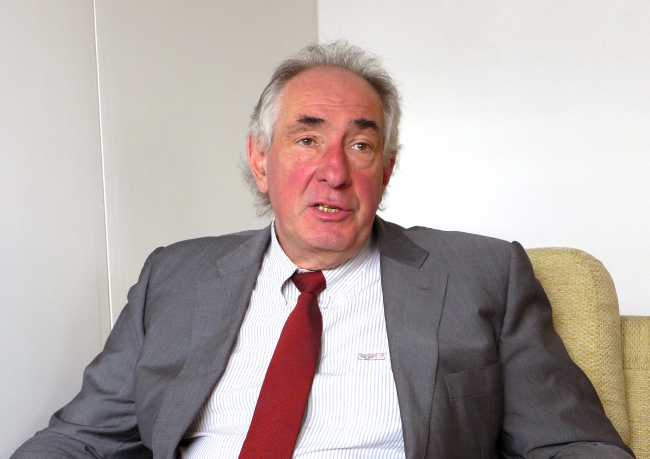
“Even if China completely sealed its border with North Korea and cut off its oil exports to and coal imports from it, that would kill 90 percent of North Koreans, but the remaining 10 percent of elites will hold onto their nuclear weapons,” he said. “Without oil, the North Koreans will ride bicycles instead of cars, and plow the land with oxen.”
In an interview with The Korea Herald, Toloraya claimed that a moratorium on Pyongyang’s nuclear and missile development is a more realistic option than demanding the country denuclearize “completely, verifiably and irreversibly.”
“Telling North Korea that unless it denuclearizes we won’t talk is another way of saying we won’t talk at all,” he said. “There is no way the regime will forgo its nuclear ambition once it has acquired it. That’s the reality of life. Since we can’t eliminate it militarily, we should try at some other means.”
Toloraya said that Russia abides by the United Nations Security Council Resolution 2270, the most comprehensive set of sanctions adopted following Pyongyang’s fourth nuclear test on Jan. 6 last year, before the toughened UNSC resolution 2321 after the fifth nuclear test on Sept. 9 last year.
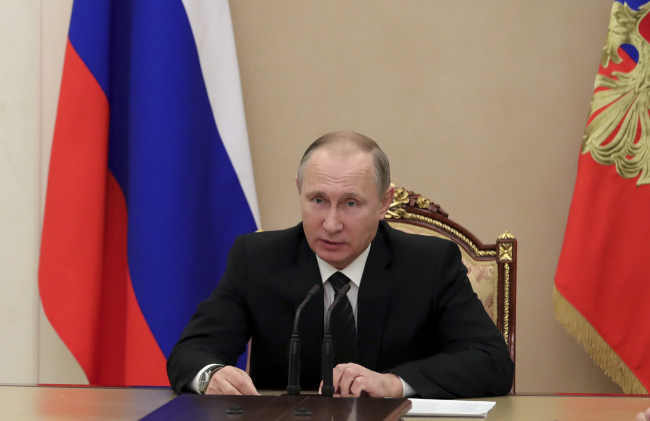
But he added that Moscow opposes unilateral sanctions that exceed the level agreed upon by the UNSC. In exchange for Pyongyang’s possible freezing of its program, the world can offer some “positives” like restored relations with states around the world and security assurances for its survival.
In late April, Russia expressed its support for a Chinese proposal for a “double suspension”: Pyongyang stopping its nuclear and missile tests and Washington and Seoul halting their annual military exercises near North Korea. Russian Deputy Foreign Minister Gennady Gatilov simultaneously urged Washington and Seoul to reconsider the ongoing deployment of the Terminal High Altitude Area Defense system in Korea, calling it a “destabilizing” factor in the region.
“The first stop is to deescalate the tensions. We can go back later and work toward complete denuclearization, but we first have to put the brakes on North Korea,” Toloraya suggested.
Highlighting the six-party talks for denuclearizing Pyongyang, stalled since 2009, the professor said the format -- involving the US, China, Russia, Japan, North Korea and South Korea -- is the most surefire way of both negotiating and guaranteeing the solution.
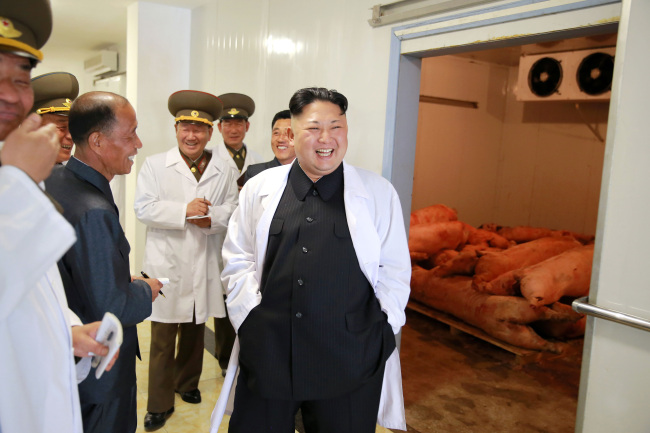
What Russia aspires to achieve through the denuclearization is regional stability and security, which would lay the ground for the economic development of its Far East, as well as its wider economic integration into the Asia-Pacific region through the Korean Peninsula.
Squeezed by Western-led sanctions and plunging petroleum prices, Moscow over the years has pushed its own “pivot to Asia” policy, involving trilateral cooperation with the two Koreas. Before Pyongyang’s two nuclear tests last year, Moscow had actively garnered Seoul’s support for joint investments in the Russian Far East, which holds vast reserves of energy and mineral resources and ample agricultural capacities.
According to Russia’s Ministry of Economic Development, trade between Russia and North Korea increased by 73 percent between January and February this year compared to the same period last year, reaching $19.5 million. Russia exported $19.2 million of energy (mostly coal) and goods and imported $300,000 of products from the North.
Russian Ambassador to North Korea Alexander Matsegora recently told media that the Rajin-Khasan project is yielding tangible results, with Russia’s coal exports to China on the rise. The logistics project -- from which Seoul withdrew last year to fulfill sanctions obligations -- is aimed at securing a trade route for Siberian coal through a railroad connecting Russia’s border town of Khasan and North Korea’s port of Rajin.
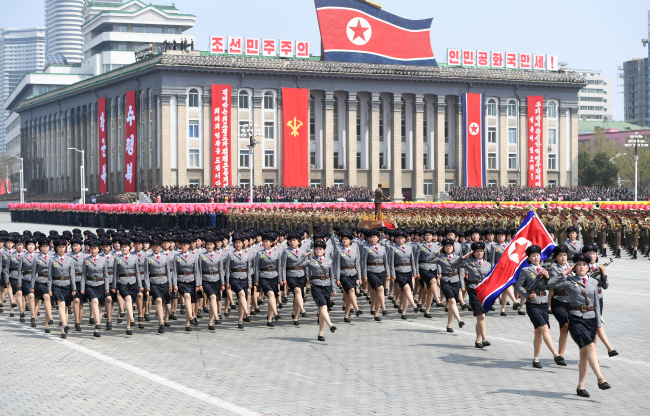
Toloraya, who has been to North Korea numerous times, said the country is slowly changing through marketization. Unfortunately the North’s upper and upper-middle classes, who mostly live in Pyongyang, would likely oppose unification with the South, fearing they would lose all their privileges, he said.
“The North Korean apparatchiks and elites have no exit strategy, unlike Russia’s oligarchs,” he said. “Being an aristocratic republic controlled by third and fourth-generation descendants of communist guerilla fighters, even if Kim Jong-un was removed from power someone else would replace him.”
As most of the US State Department’s high-level positions remain unfilled and Russia and China cannot decisively control their communist ally, the next administration in Seoul should take the driver’s seat in directly engaging with Pyongyang, the academic advised.
On the bilateral cooperation between Moscow and Seoul, the two presidents should secure a summit at the earliest possible date and put their heads together to explore common areas of interest and potential in the global realm, covering energy, logistics, high tech, climate mitigation and sustainable development, Toloraya added.
By Joel Lee (joel@heraldcorp.com)
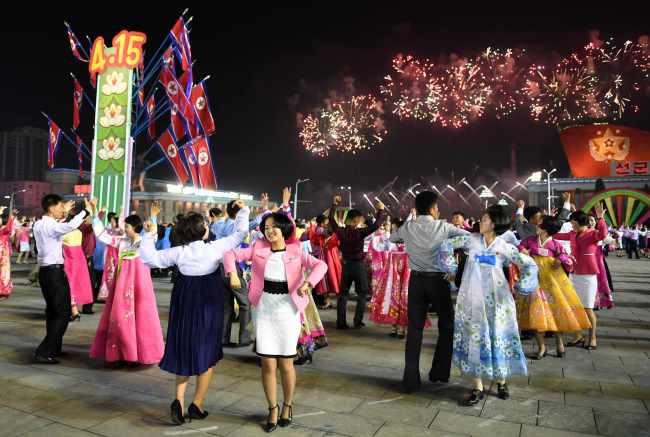
-
Articles by Korea Herald







![[Hello India] Hyundai Motor vows to boost 'clean mobility' in India](http://res.heraldm.com/phpwas/restmb_idxmake.php?idx=644&simg=/content/image/2024/04/25/20240425050672_0.jpg&u=)











